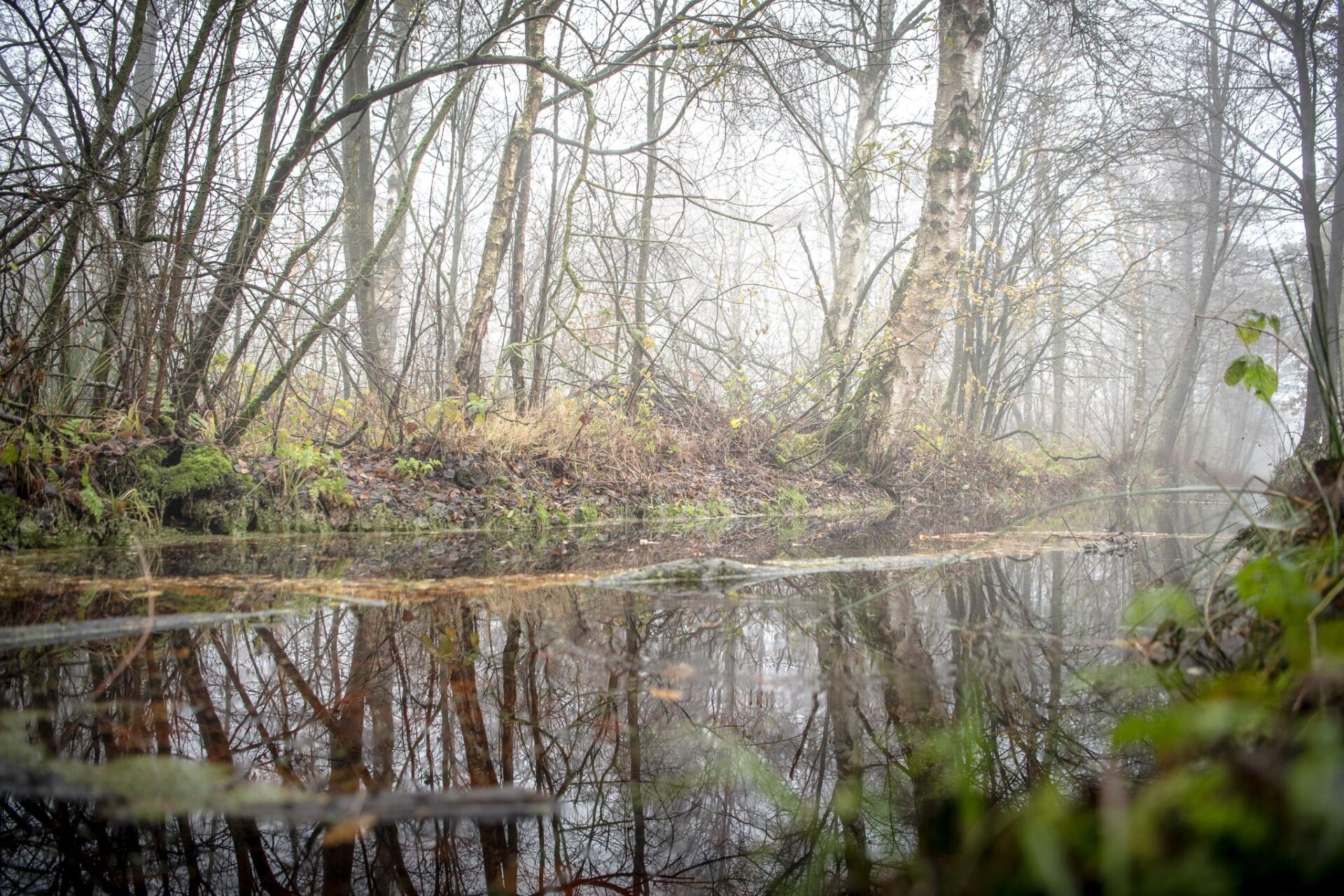Luxembourg – In the European Union, more trees are to be planted in the future and moors and rivers are to be restored to their natural state. An adequate majority of EU countries approved the plan, which has been criticized primarily by farmers and conservatives, on Monday in Luxembourg, as announced by the current Belgian EU Council Presidency.
The plan has been intensely debated for a long time. The EU Commission proposed the so-called Renaturation Law almost exactly two years ago. According to official figures, around 80 percent of habitats in the European Union are in poor condition. Furthermore, 10 percent of bee and butterfly species are threatened with extinction and 70 percent of soils are in poor condition.
While environmentalists, numerous scientists, and companies supported the law, there was significant resistance, primarily from Christian Democrats and farmers’ associations. Critics fear too much intrusion for farmers and thus an impact on food production in the EU. To address these concerns, the law was significantly weakened during the negotiation process.
The EU countries and the EU Parliament actually agreed on a compromise in November. Accordingly, farmers are not obligated to set aside a certain percentage of their land for environmentally friendly measures, as farmers had feared. Acceptance by both co-legislators, the EU countries and the Parliament, is usually a formality. The EU Parliament also gave its final approval to the law in Strasbourg. However, a number of countries are still opposed to the plan.
The majority was achieved through a change of course by Austria. The Climate Protection and Environment Minister of the Alpine Republic, Leonore Gewessler (Greens), approved the law, opposing her conservative coalition partner, the Chancellor’s Party ÖVP. Austria’s Chancellor Karl Nehammer believes the actions of his minister are unlawful. He announced beforehand that if she agreed, there would be a nullity complaint with the ECJ. Gewessler announced on Sunday that her approval was legally secured.
With the approval of the EU countries, the law is actually decided. If no legal pitfalls arise concerning Austria’s actions, the legal text would only need to be translated into the official EU languages and published in the Official Journal for the requirements to come into force.
In an initial reaction, the negotiator of the Green Group in the European Parliament, the German MP Jutta Paulus, spoke of a success in the fight against species extinction and the consequences of the climate crisis. Without biodiversity, there would be no fertile soils, no clean air, and no drinkable water, said Paulus.
The German Environment Minister Steffi Lemke described the adopted law as a crucial step towards an intact nature in Europe. “I welcome very much that the EU member states (…) have adopted the regulation for the restoration of nature,” the Green politician also announced after the decision in Luxembourg. (June 17)
 go to the original language article
go to the original language article
